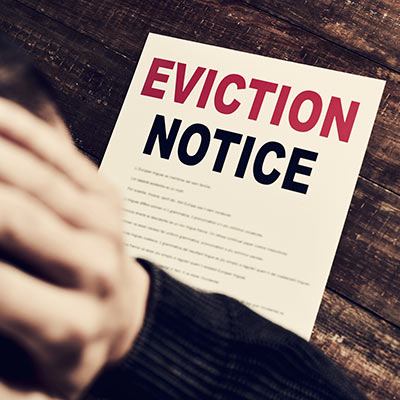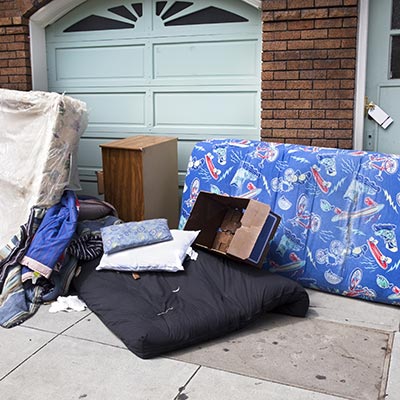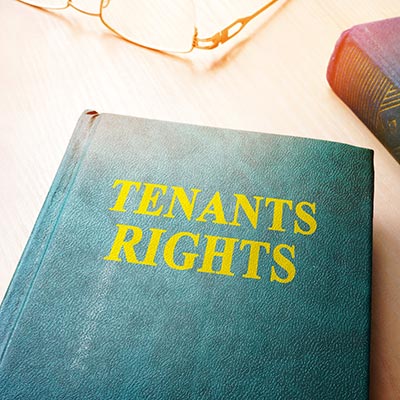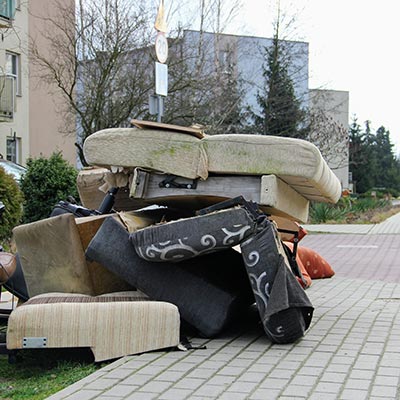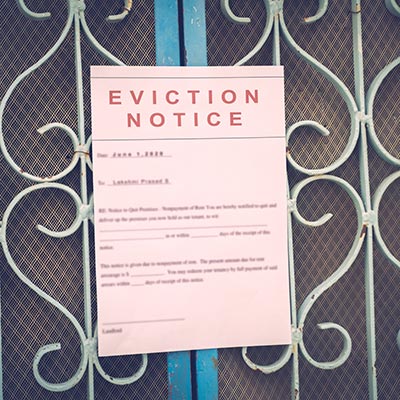Rent Control Laws Protect Tenants
To protect the ability of low and middle income tenants to remain in their apartments of many years, a number of cities in California have in place rent control laws that place limits on a landlord’s ability to raise the rent. These laws also protect a tenant’s right to remain at a property that has become their home. As long as a tenant timely pays the rent and complies with applicable rules, they cannot be evicted even if their lease term has expired.
Some Landlords Violate Rent Control Laws
Some landlords try to get around the rent control laws by evicting tenants under false pretenses. Under most California rent control laws, a landlord can evict a tenant if the landlord in good faith intends to move themselves, an immediate family member or a resident manager into the apartment. Some landlords however illegally evict tenants by falsely claiming that they are evicting for one of these reasons and then simply re-rent the apartment at the higher market rate after the old tenants move out.
Losing a Rent-Controlled Apartment Can Cause Serious Hardship
For tenants of rent-controlled apartments, an eviction can cause significant losses. Many tenants simply cannot afford to rent a comparable apartment in the vicinity. Thus, many tenants are forced to leave their friends and community of many years, uproot their children from their local schools and relocate to a less desirable apartment and often at a higher monthly rent.
Landlords Who Fraudulently Evict Are Subject to Substantial Penalties
California law recognizes that a tenant’s damage from a wrongful eviction is calculated by the difference between the rent paid by the tenant at the time of eviction versus the higher market rent charged by the landlord after the eviction. This monthly difference in rent is then multiplied over the expected future length of the evicted tenant’s residency. In other words, if the tenant proves that they would have resided at the apartment for another 10, 20 or 30 years, then the evicted tenant can recover the rent difference for all of those years.
Landlord Lockouts: Landlords Cannot Evict Tenants Without a Court Order
Landlords at times simply change the locks and illegally lock tenants out of their rented homes or apartments. A landlord lockout without a court order is illegal. Tenants are entitled to sue for illegal lock-outs and can recover for loss of personal items, property damage, emotional distress, motel or hotel expenses and any other resulting injuries.
First Steps to Take to Protect Your Rights
To protect your rights as a tenant you should consider taking the following steps:
- Stop by your old apartment building to see if there is a “For Rent” sign within the first six months after you moved out.
- Try to confirm if the landlord, family members, or apartment manager actually moved into your old apartment.
- Contact an attorney to discuss your legal options.
Contact Us
All Practice Areas
- Tenant Rights
- Unsafe and Unhealthy Housing
- Child Lead Poisoning
- Carbon Monoxide Exposure
- Fraudulent and Illegal Evictions
- Dangerous Conditions in Apartment Buildings
- Toxic HVAC Ducts
- Bedbug Infested Housing
Call For A Free Consultation
(323) 648-6602
To receive your free case evaluation, call (323) 648-6602 or complete the form on this page and Philip Shakhnis will respond to you personally within 24 hours.
